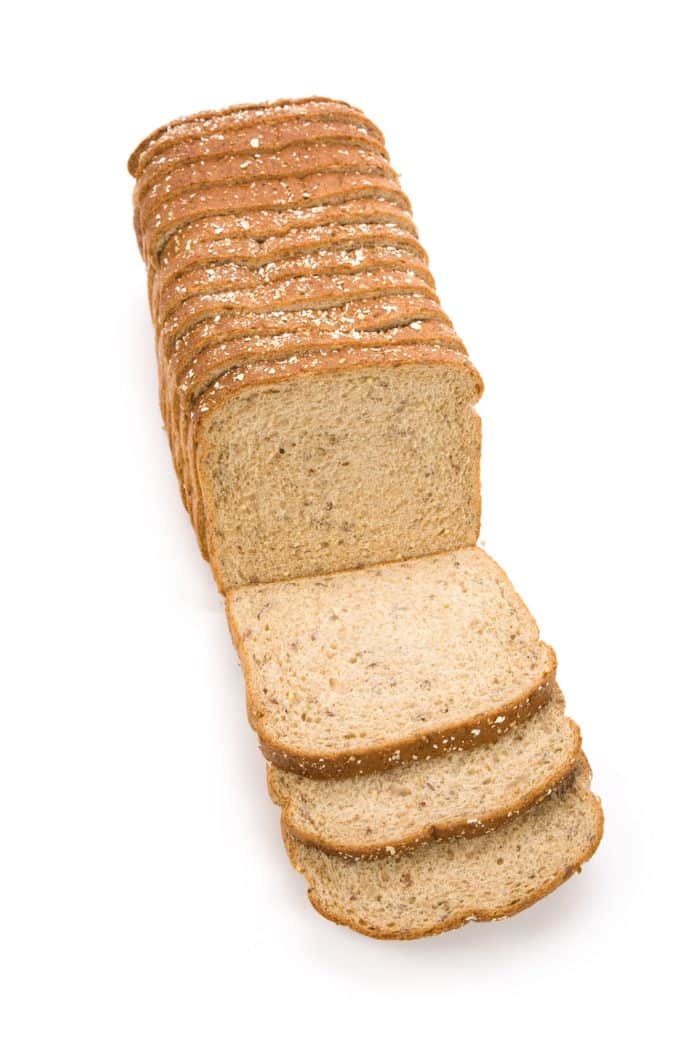
U.S. District Judge Haywood S. Gilliam Jr. granted preliminary approval to the settlement between Bimbo Bakeries and Alex Ang. This settlement represents a revision of an earlier settlement between the parties that was rejected by the judge.
Bimbo Bakeries has agreed to pay $325,000 to compensate Class representatives, and Class attorneys. Ang, who brought forward the Sara Lee class action lawsuit in 2013 will be awarded up to $10,000 for his role as Class representative.
Under the terms of the settlement agreement, no other cash payment will be available to Class Members. The benefit to Class Members will come in the form of edits to the labels of Bimbo Bakeries’ products. These edits will hopefully help customers be able to gain an accurate picture of the baked goods’ characteristics.
Ang’s Bimbo class action lawsuit challenged the company’s advertisements of their products regarding whole grain content.
Allegedly, the company’s products advertised with statements such as “Excellent Source of Whole Grain,” “100% Whole Wheat” and a “Good Source of Whole Grains,” did not actually contain these advertised ingredients.
The settlement notes that the company has agreed to remove certain claims from packaging, to clarify the use of other terms, and to change symbols on packaging that were reportedly misleading.
For example, Sara Lee 100% Whole Wheat Bread will remove the “Good source of whole grain” claim, while Oroweat will remove added color from its Dark Rye Bread and Sweet Hawaiian Bread.
One symbol that Ang challenged was the use of the American Heart Association’s check mark. Ang claimed that the “heart check” logo is a paid endorsement, but Bimbo did not make this clear to customers.

Ang had argued that together, these labelings made the products appear healthier than they were.
He claimed that the breads were more processed and therefore less healthy than the labelings implied.
Other products whose labels Ang had challenged have been discontinued, or the brand was divested, so they were not subjected to any packaging changes.
Ang first filed his Bimbo class action lawsuit in 2013. Before the parties settled, the Bimbo Bakeries false ad class action lawsuit went through several iterations. Bimbo had attempted to have the health claims class action lawsuit dismissed. This move was ultimately unsuccessful, but did lead a judge to trim some allegations from the original Bimbo class action lawsuit.
According to U.S. District Judge William Orrick, Bimbo looked too far ahead in the legal process in making arguments as to why the false ad class action lawsuit should be dropped. The company had argued that the claims should be dismissed because their labeling were indeed in compliance with the FDCA. However, the judge determined that the company’s “compliance or non-compliance with federal standards has yet to be determined.”
The Sara Lee bread class action lawsuit was also subjected to a pause. After the pause was lifted and the Sara Lee health advertisements class action lawsuit was allowed to proceed, Ang was granted Class certification for four proposed Classes of consumers. These consumers include all those customers who purchased the products in California.
Though the previous version was rejected, Judge Gilliam decided to approve the current iteration, saying that the current settlement is fair and reasonable. He stated that the settlement was free from collision.
Although the settlement does not provide monetary compensation to the Class, Judge Gilliam determined that the settlement’s promise to provide injunctive, or future, relief to the Class through changing its product labels was sufficient to benefit the Class.
Do you prioritize purchasing products that contain whole grain? Tell us why in the comments section below!
Ang is represented by the Fleischman Law Firm, Barrett Law Group and Pratt & Associates.
The Bimbo Bakeries Bread Class Action Lawsuit is Alex Ang v. Bimbo Bakeries USA Inc., Case No. 4:13-cv-01196-HSG, in the U.S. District Court for the Northern District of California.
ATTORNEY ADVERTISING
Top Class Actions is a Proud Member of the American Bar Association
LEGAL INFORMATION IS NOT LEGAL ADVICE
Top Class Actions Legal Statement
©2008 – 2026 Top Class Actions® LLC
Various Trademarks held by their respective owners
This website is not intended for viewing or usage by European Union citizens.





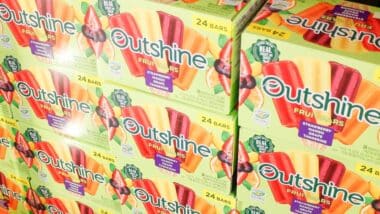

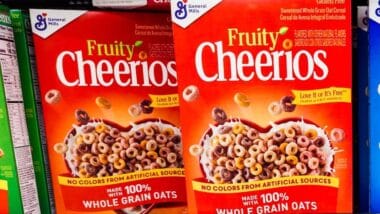
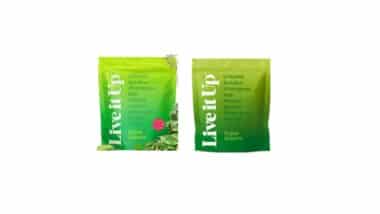
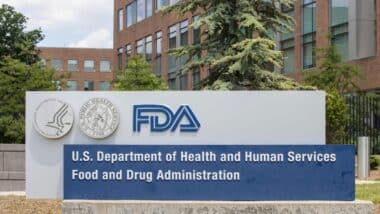
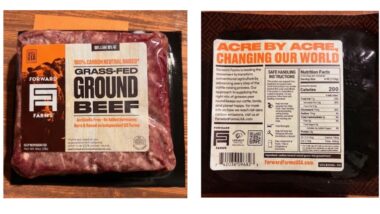



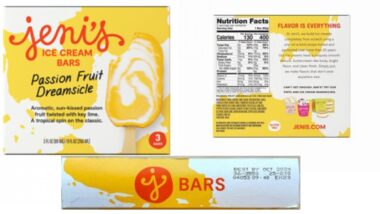
292 thoughts onSara Lee, Oroweat, Thomas Whole Wheat Settlement Gets OK
Yes, I buy Sara Lee bread often; thought it was truly healthy. Please add me.
add me please
Please add me.
I have been purchasing products that contain whole grain, I thought
Please add me
Add Me